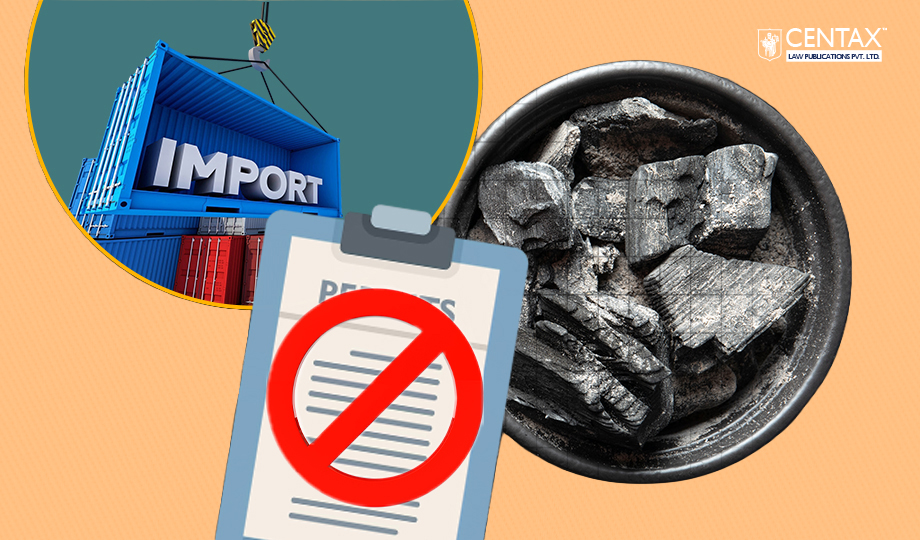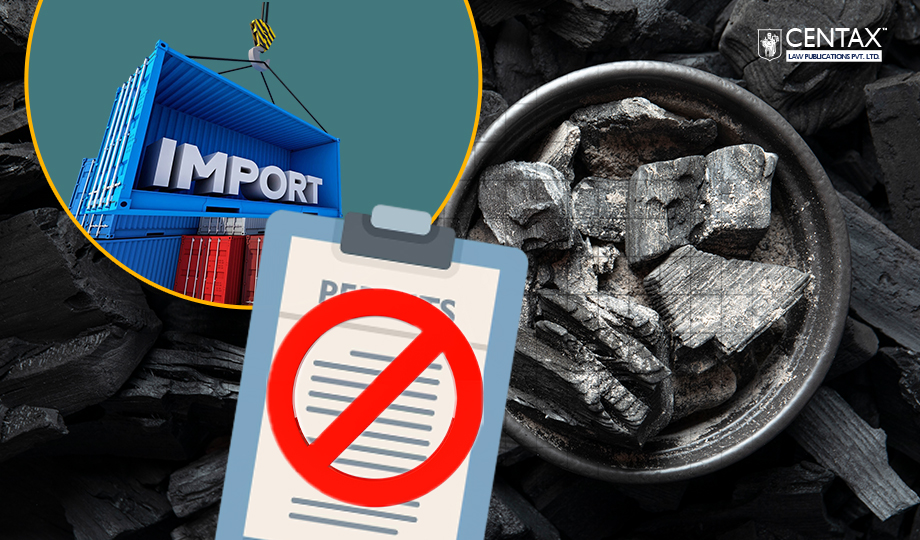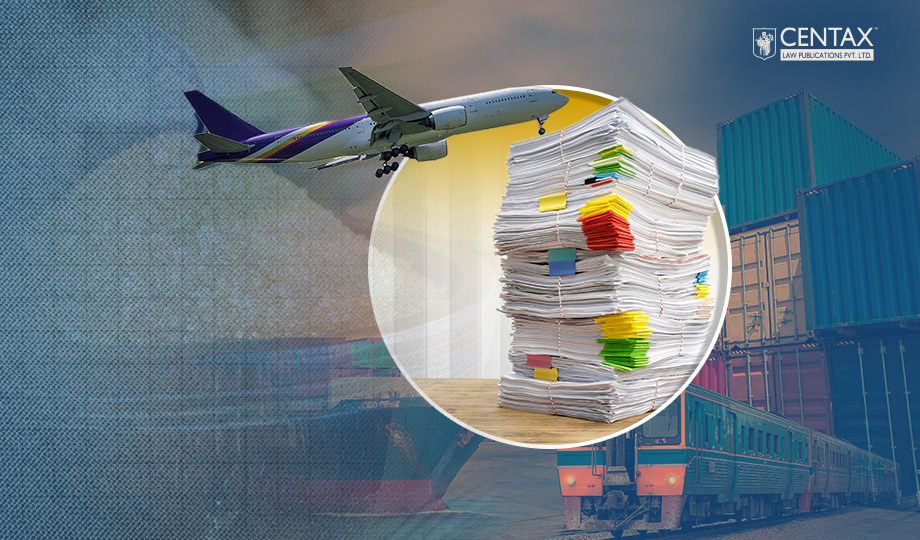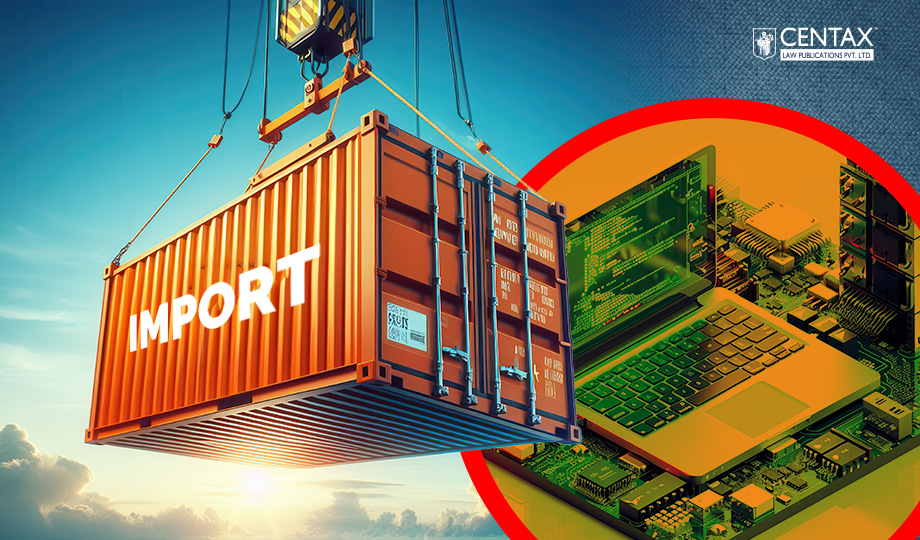
Overriding Effect of Foreign Trade Policy (FTP) refers to the legal principle that the provisions of the Foreign Trade Policy will prevail over any other conflicting laws, rules, or regulations related to imports and exports, unless specifically stated otherwise.
Table of Contents
- Introduction
- FTP Has Overriding Effect
- Supremacy of Foreign Trade Policy Over the Handbook of Procedures
- Restriction on Retrospective Amendments to FTP
- Transitional Provisions in Case of Midway Policy Changes
- Specific Provisions Prevail Over General Provisions
- Foreign Trade Policy Amendments and the Doctrine of Promissory Estoppel
- Integrated Legal Framework of FTP, Excise, and Customs Laws
- Interpretation of Customs Notifications in Light of FTP
1. Introduction
The Foreign Trade Policy (FTP) plays a crucial role in regulating India’s trade framework, ensuring clarity and consistency in trade governance. Legal rulings have reinforced that FTP cannot be altered arbitrarily and must be changed through formal notifications. Courts have also emphasized that policy amendments should be prospective, procedural guidelines cannot override the FTP, and trade regulations must align with customs and excise laws. Maintaining legal certainty in FTP is essential for a stable and predictable trade environment.
2. FTP Has Overriding Effect
Foreign Trade Policy (FTP) holds a paramount position over subordinate procedural documents. The Directorate General of Foreign Trade (DGFT) lacks the authority to amend the FTP, as established in DGFT v. Kanak Exports (2016) 2 SCC 226 = 326 ELT 26 (SC).
Any modification to the FTP can be made only through a formal notification published in the Gazette of India and not through the Handbook of Procedures. However, while the DGFT cannot amend the FTP, it retains the authority to issue clarifications, provided they do not alter the substantive policy.
3. Supremacy of Foreign Trade Policy Over the Handbook of Procedures
The Handbook of Procedures (HBP) serves as an administrative guideline and is issued or amended by the DGFT. However, any procedural directives within the HBP that contradict the FTP are legally untenable.
In Narendra Udeshi v. UOI (2003) 41 SCL 121 = 156 ELT 819 (Bom HC DB), the court reaffirmed that the DGFT cannot prescribe procedures that contradict the FTP, as Section 6(3) of the Foreign Trade (Development & Regulation) Act, 1992 (FTDR Act) explicitly prohibits the DGFT from amending the FTP.
Furthermore, amendments to the FTP must be made exclusively through a government notification, and the DGFT is precluded from effecting such amendments via circulars.
Any clarifications by the DGFT that amount to policy amendments are deemed invalid (Malik Tanning Industries v. UOI (2015) 129 SCL 507 = 53 taxmann.com 467 = 320 ELT 508 (Del HC).
4. Restriction on Retrospective Amendments to FTP
The Central Government is not authorized to amend the FTP retrospectively under Section 5 of the FTDR Act. The principle against retrospective amendments has been upheld in various rulings, where courts emphasized that amendments must be prospective to avoid adversely impacting past transactions.
5. Transitional Provisions in Case of Midway Policy Changes
5.1 Frequent Policy Changes in Import and Export Regulations
The import and export policy undergoes frequent modifications. When a change occurs in the Import/Export Policy concerning specific goods, transitory provisions ensure legal clarity. The item-wise Import/Export Policy is outlined in the ITC (HS) Schedule I (Imports) and Schedule II (Exports). The importability/exportability of an item is determined by the policy prevailing on the date of import/export.
5.2 Determination of Import/Export Date and Policy Applicability
The Bill of Lading serves as the key document for determining the date of import, while the Shipping Bill is essential for determining the date of export. If a policy is altered from ‘free’ to ‘restricted,’ ‘prohibited,’ ‘state trading’ or ‘otherwise regulated’, goods already imported/exported prior to such a change remain unaffected. However, imports facilitated through High Sea Sales are not covered under this transitional provision.
5.3 Treatment of Commitments under Irrevocable Commercial Letters of Credit (ICLC)
For transactions initiated on or after the date of such a policy change, import/export shall be permitted only where the importer/exporter holds an Irrevocable Commercial Letter of Credit (ICLC) established prior to the imposition of the restriction/regulation. Such imports/exports shall be limited to the balance quantity, value, and period stipulated in the ICLC. To operationalize this exemption, the applicant must register the ICLC with the jurisdictional Regional Authority (RA) within 15 days of the imposition of the restriction/regulation against a computerized receipt.
5.4 Prospective Application of Policy Changes
As per FTP 2023, any policy change introduced by the government applies prospectively from the date of its notification unless explicitly stated otherwise.
6. Specific Provisions Prevail Over General Provisions
In instances where a specific provision is expressly provided within the FTP or the Handbook of Procedures (HBP), such provisions take precedence over general provisions. This principle aligns with the fundamental rule of statutory interpretation, wherein specific legal provisions override general provisions.
7. Foreign Trade Policy Amendments and the Doctrine of Promissory Estoppel
The doctrine of Promissory Estoppel does not apply to amendments in the Foreign Trade Policy (FTP). The government retains the authority to modify the FTP at any time without prior notice.
8. Integrated Legal Framework of FTP, Excise, and Customs Laws
The Foreign Trade Policy (FTP), the Handbook of Procedures under FTP, the Central Excise Act, and the Customs Act, along with the notifications issued thereunder, constitute an integrated legal framework governing indirect taxation. These statutes must be interpreted as a cohesive whole rather than in isolation.
9. Interpretation of Customs Notifications in Light of FTP
In Tetra Pack v. CC [2005] (190) ELT 257 (CESTAT), it was held that goods imported duty-free could be sent outside for processing/job work. Additionally, it was emphasized that customs notifications must be interpreted in alignment with the provisions of the FTP.




















